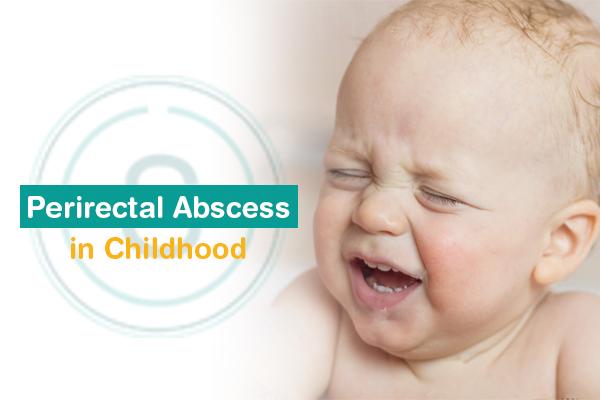Did you notice pus around the anus of your child?
Then It could be a perianal abscess. A perianal or perirectal abscess is a relatively common condition among children. It mainly affects children who are less than a year old but it can also develop at any age. SMILES explains the management of perianal abscess associated with a decreased risk of fistula formation.
A perirectal abscess is a collection of pus in the tissue around the anus and rectum. It may be tender to touch, due to the pressure within the abscess. This perianal abscess may cause your child to be irritable, but is not likely to cause any other symptoms such as fever.
Most perirectal or anorectal abscess develops in completely healthy children. However, it is important to note that untreated perianal abscesses can lead to a serious complication called anal fistula – says Dr. Parameshwara, one of the fistula treatment experts in Bangalore.
What is the treatment of perirectal abscess in childhood?
Is there any alternative?
Generally, the early stage of abscess in the anal area can be treated with antibiotics. But if these do not work or a child develops a fistula, then the surgery is the only best option.
What happens during the surgery?
The surgery is carried out under general anesthesia, normally as a day case procedure, which means a child can go home on the same day. Due to the anesthesia, a child will be asleep throughout the procedure.
During the perianal abscess surgery, the abscess is opened by removing a small piece of overlying skin. The pus is then drained out and a dressing is used to cover the wound.
The surgery may take about 30 minutes and while the child is still asleep, some local anesthetic may be injected into the operation area to prevent pain afterward.
What is the recovery time after the operation?
The minimum recovery time before the discharge is 2 hours, which is usually enough time for the doctors to check that a child is recovering well. It also gives doctors time to check that a child is passing urine after the perirectal abscess operation.
Your child cannot go home through public transport after the surgery as a child will be given a general anesthetic. Rarely, the anesthetic may leave your child feeling sick for the first 24 hours.
The best way to treat that is rest and giving frequent fluids, but if the sickness continues for longer an immediate medical attention is required.
How to take care of a wound?
Usually, there are no serious complications after the abscess has been drained. As no stitches are used for perianal abscess surgery, the wound may have a dressing that can be removed after it becomes wet or dirty.
The area should heal with careful hygiene to the wound and warm baths (sitz baths). Also, the wound should be washed with water, especially if the area around it becomes dirty.
Your child can have a shower or bath when the dressing is removed. However, do not use or perfumed bubble bath until your child’s wound is completely healed, to avoid irritating skin.
When to consult a doctor?
After the anorectal abscess operation of your child, you should consult a doctor immediately if you notice the symptoms below:
- ● Spreading swelling or redness of the wound.
- ● Increased pain and not relieved by the pain relievers.
- ● The area is not healing and continues to drain the pus
- ● Your child has frequent fevers and Vomitings
- ● Rectal bleeding (it could be a sign of infection)
Have any doubts or need any further information about your child’s condition? Discuss with our top anorectal disease treatment doctors at SMILES Bangalore.

